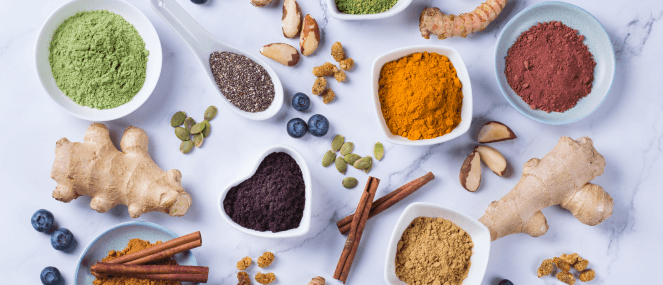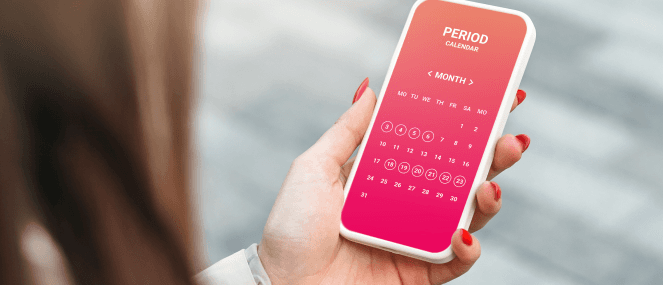
- Health hub/
- Stress relief & sleep support/
- Your tips: managing stress at work


"In our fast-forward society, we no longer have time or the energy to use two different words, so we combine them into one – stress," writes Andrew May in Flip the Switch. Instead, he argues, there's positive and negative stress. The first helps you meet a challenge and perform at your peak. The second is essentially ‘distress', caused by mounting pressure – leaving you feeling out of control, racing and frazzled.
Clearly, we do actually need positive stress. Negative stress, however, eats away at our ability to think clearly, communicate effectively, bring out the best in ourselves and our relationships, and to make the most of our time outside work altogether.
Stress-busting tips: your say
So how do our readers cope? Here's what you said:
"Always keep a bottle of lavender oil in your top drawer, rub on neck, scalp and temples, get up every 30 minutes to 1 hour and get a cuppa – herbal of course - and be sure to map out all the things you want to get accomplished in the day, and don't be too hard on yourself if you don't get to them all. Remember to prioritise, take deep breaths and practice stretching. And smile – it does wonders – especially if you feel like you want to snap at someone – being in control always makes you feel less stressed."
– Melanie Hood, National Account Executive
"Lay low, don't get involved in unnecessary office politics! Take the time to laugh. Give yourself a five minute break during the day: walk away from you desk and go and share that funny story or hear your favourite colleagues' latest goss to lighten your mental load."
– Jennifer McIntosh, Recruitment Specialist
"Work to the hours at which you're most alert and productive. Ask your boss about flexible hours – start late, finish later, or vice versa. Also sign up to a nearby gym or a pilates/yoga/physio studio with lunch-time classes."
– Camille Howard, Editor
"I reckon a 4pm pot of tea shared with your colleagues is awesome. Everyone takes 10 minutes out and sits down to chill. Works a treat!
– Skye Luckins, Graphic Designer
‘If you are feeling overwhelmed, then it might be time to chat to your manager about getting some direction. My other tip is to break up the routine. Get out of the office at lunch, check out some shops. It gets your head out of the stress headspace. I find that my routine can sometimes add unnecessary stress to my day. I can get a bit perfectionist about it. Then I start to feel hemmed in, etc. The other side of the coin is to get a routine if you need it. If I'm going from one thing to another, it can make me feel alive for a while, but then need the comfort of a routine to give my brain a chance to focus on what I should be doing rather than looking for the next thing to do."
– Felicita Benedikovics, Media Officer
"If the stress is workload-based, love a good slow down, regroup and list to logically plan out next steps. A bit of fresh air at lunch time never goes astray."
– Belinda Humphries, Public Relations Assistant
"Try and get out and do some exercise at lunchtime; it breaks up the day and revitalises you for the afternoon"
– Saskia Martin, Product Manager
Expert's corner: Andrew May's tips on managing stress and improving coping mechanisms
- Personal organisation. Make a list of all the things that make you feel stressed. Once identified, try and relax in these situations and learn to tackle the source where possible.
- Time management. Stop trying to do more than one thing at a time, take on jobs in order of importance and plan ahead.
- Take regular exercise. Cycling, jogging, swimming and working out in the gym are ideal ways of reducing tension caused by stress.
- Learn relaxation techniques. These can include activities like meditation or yoga, or simple things like listening to music, reading or taking the dog for a walk.
- Find ways to escape in your spare time.
- Improve your communication skills.
Natural stress busters
Withania
Traditionally used as a restorative tonic during or after stress and to promote a healthy nervous system (prolonged stress can place a big load on your nervous system and the adrenal glands)
Vitamin C, B5, B6, zinc and magnesium
Nutrients necessary for the production of adrenal hormones. B6 and magnesium also assist with mood imbalances that can be linked to the menstrual cycle (cranky PMS symptoms that worsen stress). Zinc levels tend to suffer during times of heavy stress; B5 is often referred to as the ‘anti-stress' vitamin because of its critical role in adrenal function; and B6 is involved in the production of mood-enhancing hormones such as serotonin
Passionflower and oats
These herbs can chill you out (they have a mild sedative action), and may assist with nervous tension.




